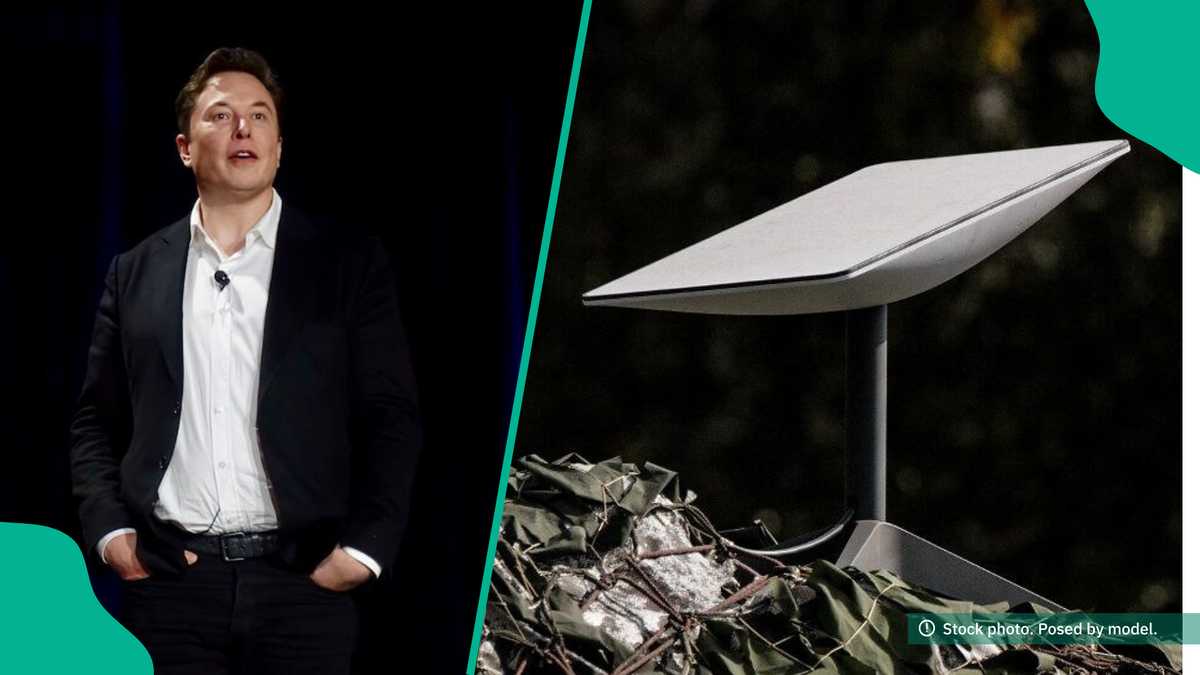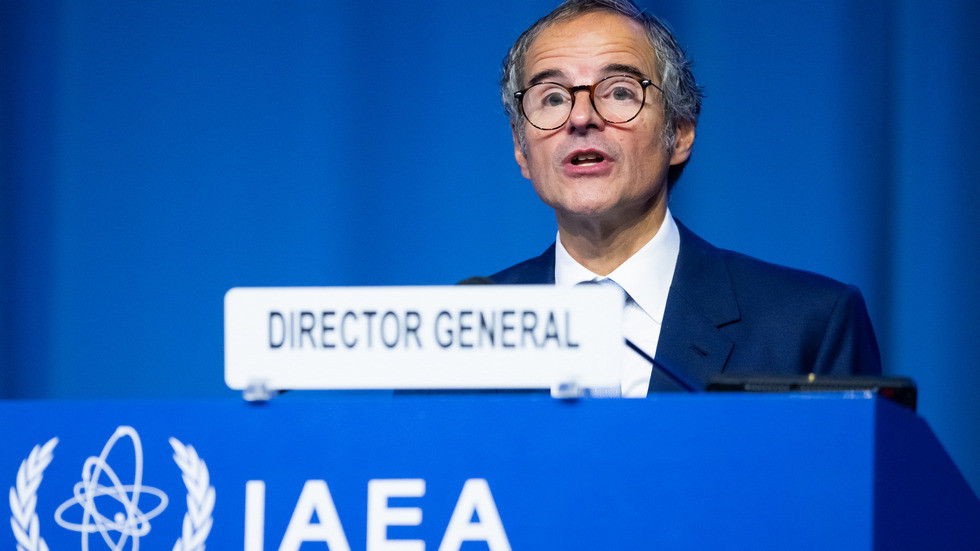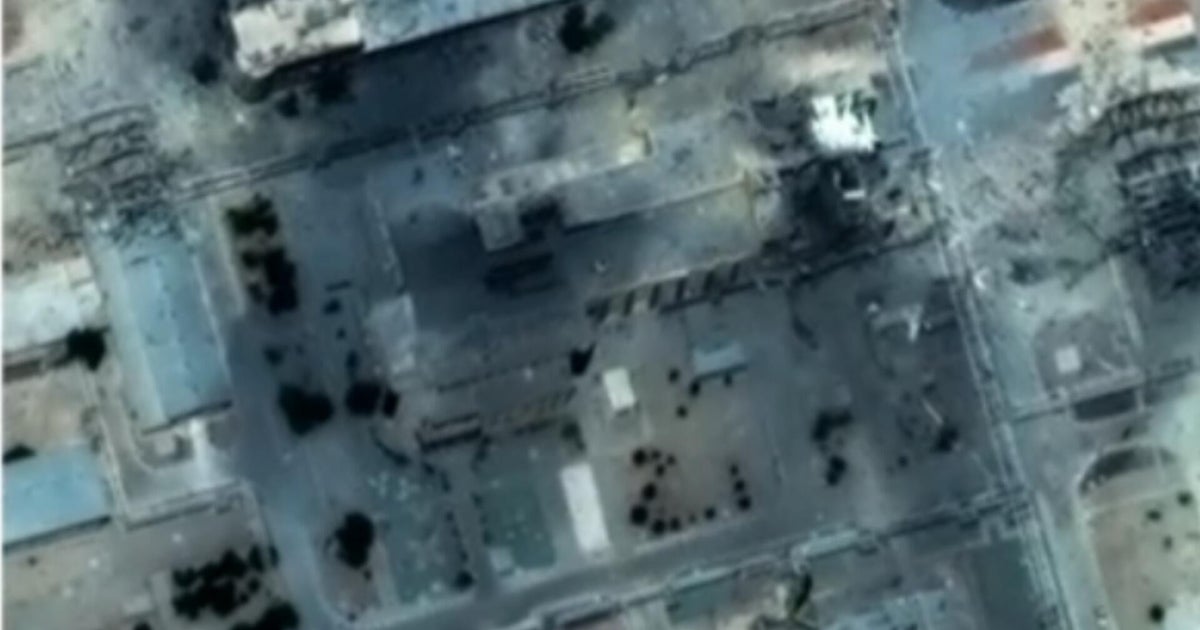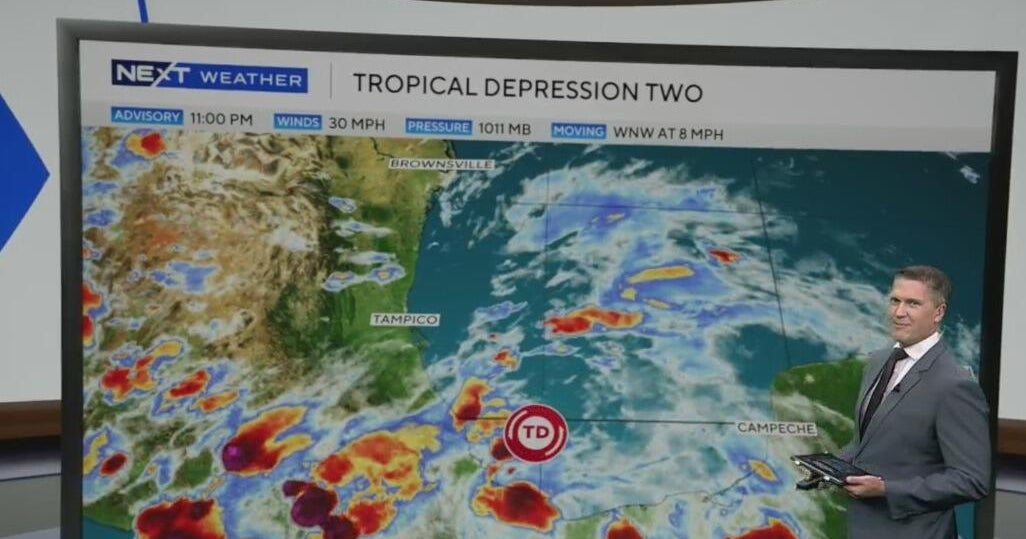Iran Could Resume Uranium Enrichment for Nuclear Bomb Within Months, IAEA Warns
Iran could restart uranium enrichment towards a possible nuclear weapon “in a matter of months,” the head of the United Nations’ nuclear watchdog has warned, contradicting claims by former US President Donald Trump that Iran’s nuclear programme had been completely destroyed.
Speaking to CBS News on Saturday, Rafael Grossi, Director General of the International Atomic Energy Agency (IAEA), said last weekend’s US and Israeli strikes on Iranian nuclear sites caused significant, but not total, damage.
“Frankly speaking, one cannot claim that everything has disappeared and there is nothing there,” Grossi said, directly disputing Trump’s assertion that Iran’s nuclear facilities had been “totally obliterated.”
On 13 June, Israel launched attacks on Iran’s nuclear and military installations, alleging Tehran was on the verge of developing a nuclear weapon. The United States later joined the offensive, targeting three critical nuclear sites: Fordo, Natanz and Isfahan.
While the extent of the damage has remained unclear, Grossi’s latest comments suggest Iran retains key capabilities. “They still have the industrial and technological capacities… so if they so wish, they will be able to start doing this again,” he said.
Grossi indicated that Iran could restart a limited cascade of centrifuges to enrich uranium in a relatively short timeframe. This view is consistent with a leaked Pentagon intelligence assessment earlier this week, which concluded that the strikes only set Iran’s nuclear programme back by a few months.
Trump has dismissed such assessments as attempts to undermine what he described as “one of the most successful military strikes in history.” He has also said he would “absolutely” consider further strikes if Iran resumes enrichment to concerning levels.
Iran’s own account of the impact has been mixed. While Supreme Leader Ayatollah Ali Khamenei insisted on Thursday that the strikes achieved “nothing significant”, Foreign Minister Abbas Araghchi admitted that “excessive and serious” damage had been inflicted.
Meanwhile, Tehran’s already tense relationship with the IAEA deteriorated further last week after the Iranian parliament approved a bill to suspend cooperation with the UN agency. Lawmakers accused the IAEA of siding with Israel and the US following a resolution last month that found Iran in breach of its non-proliferation obligations for the first time in two decades.
The move could see Iran withdraw inspectors, halt reporting, and cease surveillance of nuclear activities — a significant blow to international oversight.
Despite this, Grossi expressed hope that diplomacy could still prevail. “I have to sit down with Iran and look into this, because at the end of the day, this whole thing, after the military strikes, will have to have a long-lasting solution, which cannot be but a diplomatic one,” he said.
Iran maintains that its nuclear programme is intended solely for civilian use, but tensions with Western powers over its ambitions have persisted for years.
Under the 2015 Joint Comprehensive Plan of Action (JCPOA), Iran was restricted to uranium enrichment of no more than 3.67% and banned from enriching at Fordo for 15 years. However, after Trump unilaterally withdrew the US from the deal in 2018 and reimposed sanctions, Iran began breaching the agreement’s terms, including resuming enrichment at Fordo in 2021.
According to the IAEA, Iran has since amassed enough uranium enriched to 60% purity to potentially produce nine nuclear bombs if further enriched to weapons-grade level.
Follow us on:











